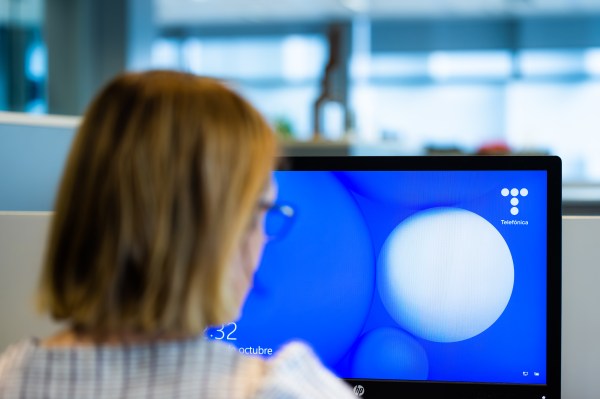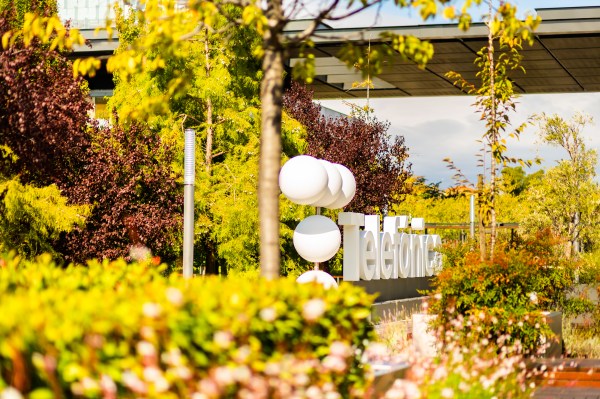ITU-T has established a new Focus Group on Smart Sustainable Cities to assess the standardization requirements of cities aiming to boost their social, economic and environmental sustainability through the integration of information and communication technology (ICT) in their infrastructures and operations.
ITU-T Study Group 5 – Environment and climate change – agreed the formation of the new Focus Group at its meeting in Geneva, 29 January to 7 February 2013.
The meeting also agreed first-stage approval (consent) of the latest addition to ITU-T’s L.1400 series of standardized methodologies to assess the environmental impact of ICTs. The consent adds “ICT projects” to the list of ICT deployment scenarios covered by ITU-T’s environmental impact assessment methodologies. This methodology in particular provides a framework to assess the GHG emissions and energy consumption reduction resulting from the implementation of ICT projects such as smart buildings, smart transport or virtual services such as telepresence or videoconferencing.
The creation of the Focus Group on Smart Sustainable Cities answers a Call to Action on “Smart Sustainable Cities” proposed in September 2012 at ITU’s 2nd Green Standards Week in Paris. “Smart Sustainable Cities’’ is also the theme of ITU’s 3rd Green ICT Application Challenge.
Cities are powerful engines of economic growth, fuelled by intensive interpersonal communication and high concentrations of specialized skills. Urbanization’s correlation with economic growth is however mirrored by significant sustainability challenges, with cities today accounting for over 70 per cent of global greenhouse gas (GHG) emissions and 60-80 per cent of global energy consumption.
Given that an estimated 70 per cent of the world’s population will live in cities by 2050, sustainable urbanization has become a key policy point to administrations across the world. Here ICTs have a crucial role to play by increasing environmental efficiency across industry sectors and enabling such innovations as intelligent transport systems (ITS) and ‘smart’ water, energy and waste management.
The Focus Group will act as an open platform for smart-city stakeholders; such as ICT companies, organizations, municipalities, academic and research institutions, Non-Governmental Organizations (NGOs), industry forums & consortia, among others, to exchange ideas and best practices, with its primary goal being the identification of the standardized frameworks needed to support the integration of ICT services in smart cities.
Specific tasks and deliverables of the Focus Group include:
- Defining the role of ICTs in environmentally sustainable smart cities, and identifying the ICT systems necessary to the development of a Smart Sustainable City.
- Collecting and documenting information on existing smart city initiatives and technical specifications, focusing in particular on the identification of standardization gaps.
- Identifying or developing a set of Key Performance Indicators (KPIs) to gauge the success of smart-city ICT deployments.
- Establishing relationships and liaison mechanisms with other bodies engaged in smart-city studies and development.
- Identifying future smart-city standardization projects to be undertaken by its parent group, ITU-T Study Group 5
- Developing a roadmap for the ICT sector’s contribution to Smart Sustainable Cities, providing cohesion to the development and application of technologies and standards.
Leadership:
- Chairman: Silvia Guzman, Telefónica
- Vice-Chairman: Flavio Cucchietti, Telecom Italia
- Vice-Chairman: Pablo Bilbao, Federation Argentina de Municipios, Argentina
- Vice-Chairman: Franz Zichy, USA
- Vice-Chairman: Nasser Saleh Al Marzouqi, UAE
- Vice-Chairman: Ziqin Sang, Fiberhome Technologies Group
- Vice-Chairman: Sekhar Kondepudi, National University of Singapore.
More information on ITU-T, Environment and Climate Change here
—————————————————————————————————————————————————————————-















